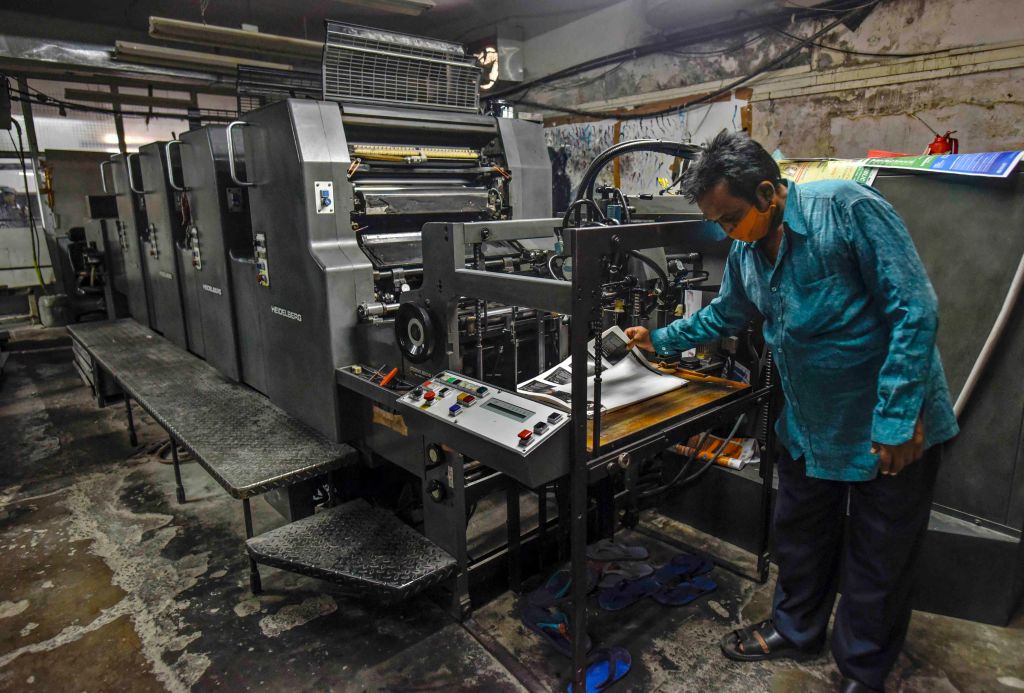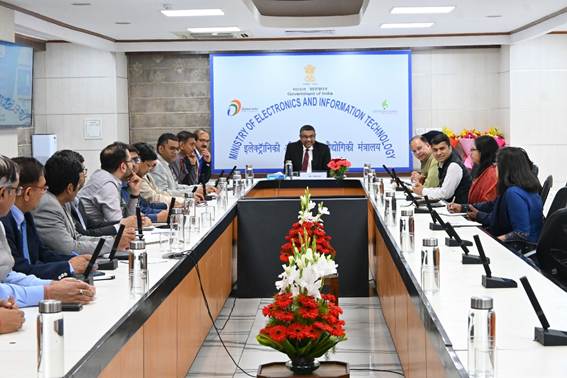NITI Aayog, in collaboration with the Institute for Competitiveness (IFC), on Thursday released a detailed report titled “Enhancing Competitiveness of MSMEs in India”, which outlines a roadmap for strengthening the role of Micro, Small and Medium Enterprises (MSMEs) in India’s economic growth.
The report offers a sector-specific analysis across textiles and apparel, chemicals, automotive, and food processing industries, identifying the structural bottlenecks and policy-level gaps that continue to limit the competitiveness of India’s MSME sector. It draws on firm-level data and the Periodic Labour Force Survey (PLFS) to frame its recommendations.
One of the central findings is the improvement in access to formal credit among MSMEs between 2020 and 2024. The share of micro and small enterprises availing credit from scheduled banks rose from 14% to 20%, while medium enterprises saw a rise from 4% to 9%. However, a significant credit shortfall persists. The report estimates that only 19% of MSME credit demand was met through formal channels by FY21, leaving an unmet demand of approximately ₹80 lakh crore.
The Credit Guarantee Fund Trust for Micro and Small Enterprises (CGTMSE), while having expanded in recent years, is reported to face operational limitations. The report advocates for a restructured CGTMSE mechanism backed by targeted services and stronger institutional collaboration to close the credit gap.
Skill shortages within the sector also figure prominently in the report. It observes that a substantial portion of the MSME workforce lacks formal technical or vocational training, affecting both productivity and scalability. Moreover, limited investment in research and development, quality enhancement, and innovation has adversely impacted the global competitiveness of these enterprises.
The report flags technology adoption as another major constraint. Inadequate electricity supply, poor internet connectivity, and high implementation costs have discouraged digital transition, despite state-level schemes aimed at supporting such upgrades. It notes that many MSMEs are unaware of these schemes or unable to access them effectively.
Cluster-based development also receives attention, with the report identifying outdated technologies and weak branding and marketing capabilities as key constraints. It underscores the importance of enhancing awareness and accessibility of government schemes, along with improving data integration and policy monitoring mechanisms.
While acknowledging recent policy efforts, including those made through successive Union Budgets, the report finds that low awareness and inconsistent implementation at the state level have limited their impact. It recommends a more adaptive, cluster-based policy framework that strengthens state-level execution, fosters innovation, and builds market linkages.





















